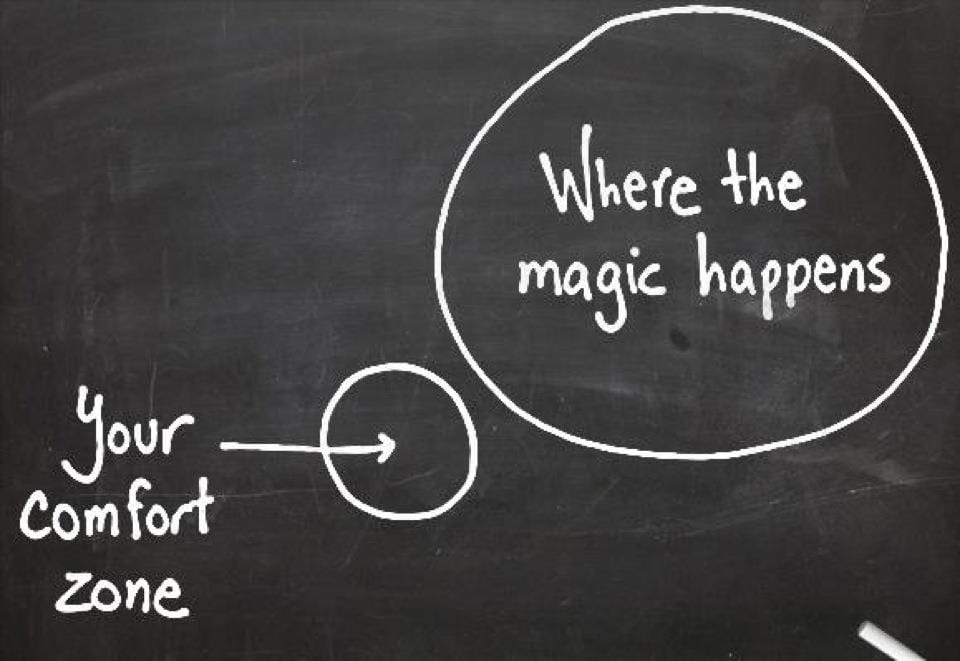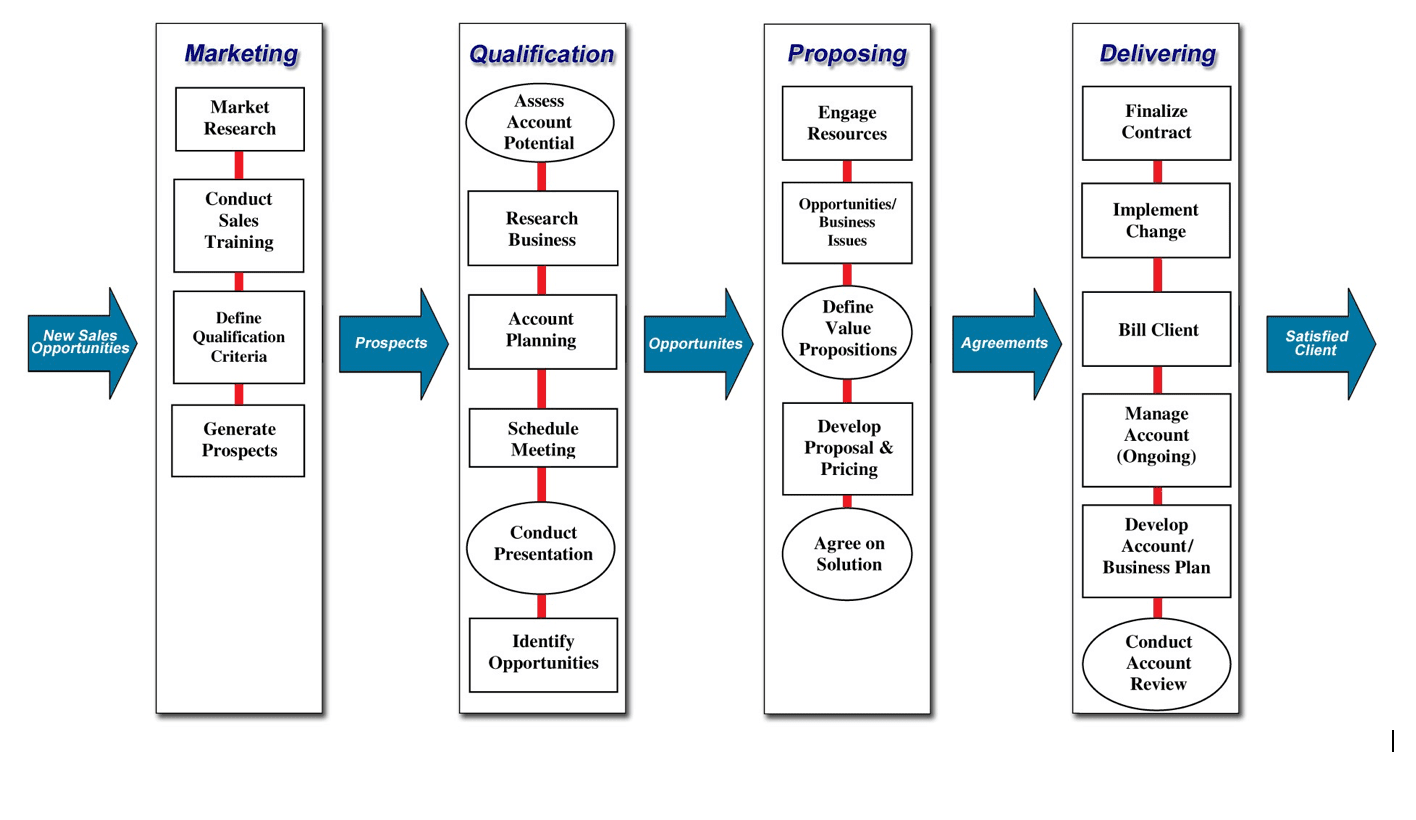When you get stuck in a rut it can reflect in your performance. As a salesperson showing your discontent or disappointment in life is a defeatist attitude that just won’t do. Move away from your comfort zone to increase your sales.
Raise the Bar
Just because you have a minimum sales quota to reach doesn’t mean that is all you should set your sights on. Think big and raise the bar on your own. You might have a minimum but you can be certain there is no maximum. Raise the bar and watch yourself excel.
Become Fully Engaged
If you are putzing through life doing the bare minimum you will get back the bare minimum. Apply yourself and become completely engaged with your job and your clients. Stay on top of your game and know all you can about your competitors. Use this information to a) demonstrate your knowledge and b) have some information prepared about what you have the competitors don’t. Don’t bad mouth or even mention the competitors, just use your knowledge to bring your better qualifications to light.
Experience Discomfort
This is not in everybody’s make up which explains why most of us are not billionaires. A comfort zone sounds cosy, but it can also be a bit of a prison. It is like living in a beautiful home and feeling you never need to visit anywhere else. It stifles and it deadens your desire to succeed. Staying with the same company, selling the same things and knocking on the same doors are all enemies of the salesperson.
LOL in the Face of Fear
Fear can stem from many different aspects of life. Some fears are deeply rooted and quite frankly well warranted. However fear of failure, or worse, fear of success will hold you back from experiencing true fulfillment in life. If you are too afraid to take a night course to learn better sales strategies because you don’t want to go alone, sign up and do it. Ha Ha to fear. If you are too afraid to apply for that Sales Managers job because you might get rejected, type up that resume and leave it on your boss’ desk. Tee Hee to fear.
Your comfort zone is also your prison. Breaking out of it is your best bet for success.






 person who can grab attention, maintain a conversation, and make the other person feel like all their attention is being given directly to them is a real salesperson. Fulfilling the need of every person to be heard is what makes great salesmen. Your customer wants to know that they matter to someone else. If you are a smart salesperson, you will be that someone else. And the sale is yours.
person who can grab attention, maintain a conversation, and make the other person feel like all their attention is being given directly to them is a real salesperson. Fulfilling the need of every person to be heard is what makes great salesmen. Your customer wants to know that they matter to someone else. If you are a smart salesperson, you will be that someone else. And the sale is yours. minutes to pitch your sale to your potential customer. Are you going to blow it rambling on about something that may or may not matter? If you can’t communicate clearly then you have already lost your sale.
minutes to pitch your sale to your potential customer. Are you going to blow it rambling on about something that may or may not matter? If you can’t communicate clearly then you have already lost your sale. you if you can’t be trusted. If a customer comes to you with a complaint, they should feel reassured that you are handling the problem, and they can count on you to get the job done. In addition to that, if you are selling a product or a service then you need to be able to stand behind that product or service. If you can’t, your ability to sell will suffer tremendously.
you if you can’t be trusted. If a customer comes to you with a complaint, they should feel reassured that you are handling the problem, and they can count on you to get the job done. In addition to that, if you are selling a product or a service then you need to be able to stand behind that product or service. If you can’t, your ability to sell will suffer tremendously.
 customer wants to know where the part number 11,342,051 was made, then you need to know exactly where that part was made and preferably the workers name who made it. Now this is an extreme example, but this is the mark of an outstanding salesperson.
customer wants to know where the part number 11,342,051 was made, then you need to know exactly where that part was made and preferably the workers name who made it. Now this is an extreme example, but this is the mark of an outstanding salesperson.

 breath and turn to Thomas Edison and look at his creative process. When you do so, you’ll learn whole new ways to sell more creatively and hone your creative skills, using them to help you generate more sales.
breath and turn to Thomas Edison and look at his creative process. When you do so, you’ll learn whole new ways to sell more creatively and hone your creative skills, using them to help you generate more sales.
 let them shine once in a while. For example if you have an account you can’t seem to connect with, see if someone else might be better suited for the task. After all you’re supposed to be working as a team.
let them shine once in a while. For example if you have an account you can’t seem to connect with, see if someone else might be better suited for the task. After all you’re supposed to be working as a team.